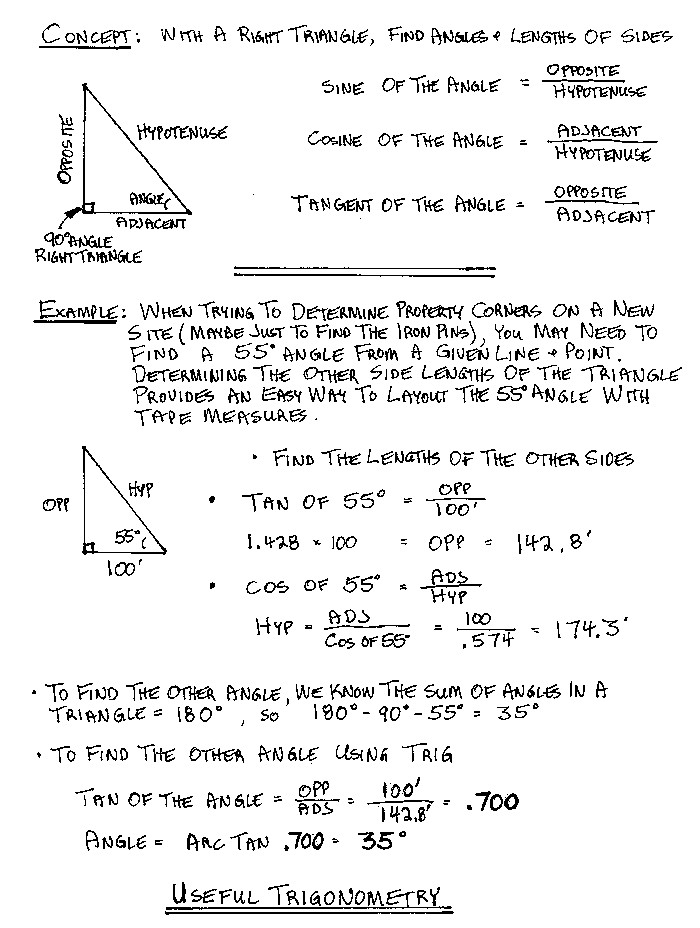|
|
|
More than one-third of adult Americans are obese. Diseases that kill the largest number of people annually, such as heart disease, cancer, diabetes, stroke, and hypertension, can be attributed to diet.
A good example of polar molecules can be understood when trying to make a cake. If water and oil are required, they will not mix together. If you put them into a measuring cup, the oil will rise to the top while the water remains on the bottom.
More than 34,000 trademarked medication names and more than 10,000 generic medication names are in use in the United States.
When intravenous medications are involved in adverse drug events, their harmful effects may occur more rapidly, and be more severe than errors with oral medications. This is due to the direct administration into the bloodstream.
Never take aspirin without food because it is likely to irritate your stomach. Never give aspirin to children under age 12. Overdoses of aspirin have the potential to cause deafness.
 When Union troops pushed toward Richmond in June of 1862, these slaves crossed the Rappahannock Rive
When Union troops pushed toward Richmond in June of 1862, these slaves crossed the Rappahannock Rive
 Hold hand around thumb and little finger and apply broadening strokes across the metacarpals. Press ...
Hold hand around thumb and little finger and apply broadening strokes across the metacarpals. Press ...





